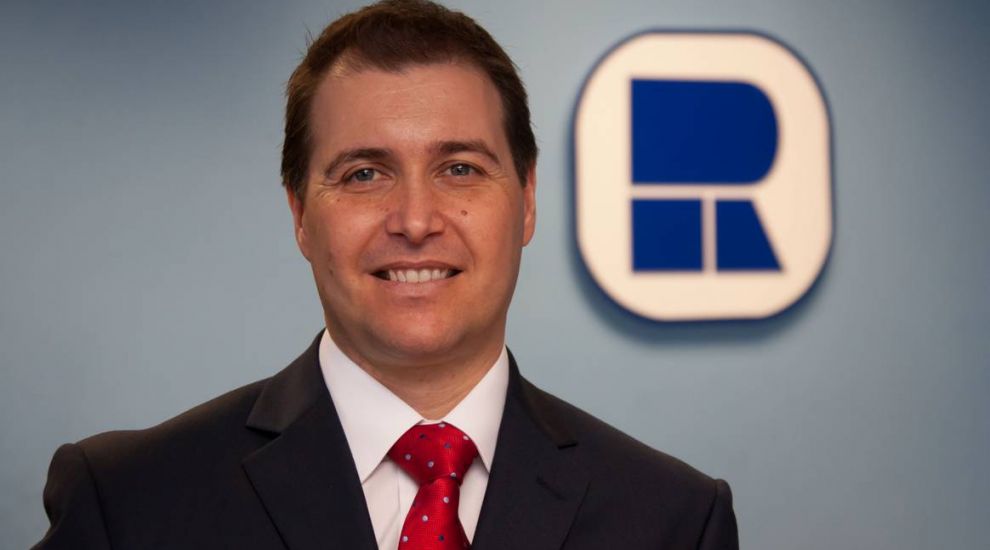

THE insurance industry is taking a tough approach to fraud as national figures show that the value of fraudulent claims has risen to a record £1.3 billion.
The latest figures from the Association of British Insurers show that insurers detected 118,500 bogus or exaggerated insurance claims in 2013, equivalent to 2,279 a week. The average fraud detected across all types of insurance products was £10,813. While there was a small fall in the number of detected frauds, their value, at £1.3 billion, was up 18% on 2012.
But in the Channel Islands, the problem of insurance fraud is not as serious.
‘The figures from ABI are quite shocking when you consider that insurance fraud is not a victimless crime and actually impacts on every person with an insurance policy. Not only do fraudulent claims take time to deal with, which in turn means a delay in genuine claims being looked at, but it also increases premiums,’ said Rossborough director Tony De Sousa.
‘The UK motor insurance market for example has experienced lots of problems from the issuing of unlawful and illegal documentation by so-called “ghost brokers” and “crash for cash” organised criminal rings. Thankfully in the Channel Islands, it is a different story and we don’t suffer as much. It’s a much smaller, close-knit community and so insurers and brokers have a much closer relationship with each other and their customers and so the opportunities simply aren’t there.’
The ABI figures release that fraudulent motor insurance claims were the most expensive and common, with the number of dishonest claims at 59,900, up 34% on 2012. The value of the claims was £811 million, up 32% on the previous year. However, the number and value of property insurance frauds fell by a quarter to 35,000 frauds worth £137 million.
‘Insurance fraud is a crime that the Channel Islands’ industry as a whole takes very seriously at all possible stages of the insurance contract, from new policy application assessment to claims handling. The industry follows a number of good practices including data sharing using the Claims and Underwriting Exchange (CUE) to Know Your Client (KYC) checks which all help in detecting fraud,’ said Mr De Sousa.
He added that having qualified and experienced staff helped ensure that fraudulent claims were kept to a minimum because they recognise the features of fraudulent or exaggerated claims.
‘Thankfully the lengths people go to in the UK are not reflected here but it’s important to highlight them so that the industry as a whole and the companies quoting for repairs and replacements are vigilant.’
Examples of convictions in the UK in 2013 included 60 people, including seven members of the same family, convicted for “crash for cash” staged accidents, a woman jailed for 22 months following a series of invented street robberies and a vet jailed for two years for inventing claims totalling nearly £200,000 for treating non-existent pets.
‘Insurance fraud is something that the industry and the police take very seriously. Thankfully the vast majority of customers are honest but they rightly expect tough action to be taken against fraudsters,’ said Mr De Sousa.